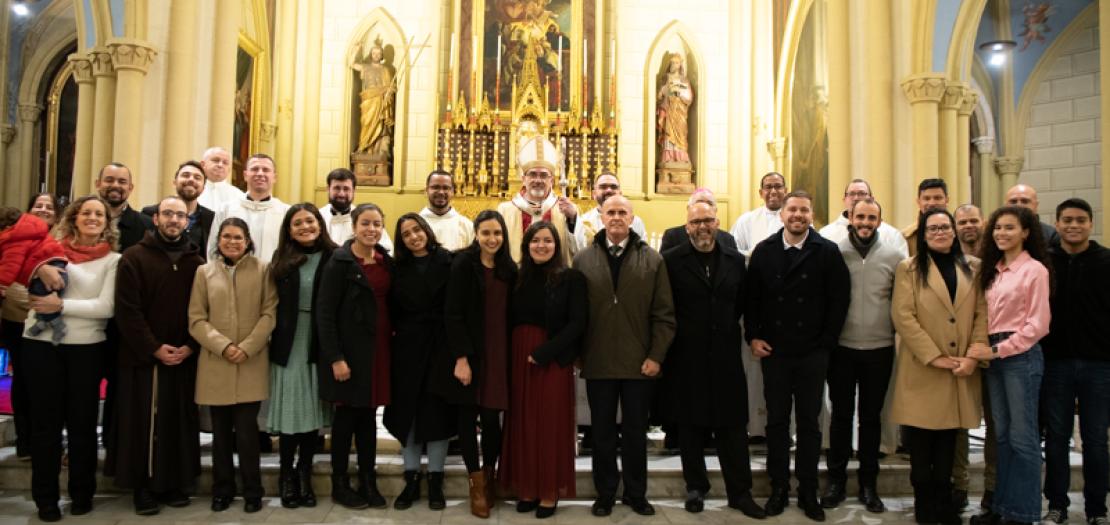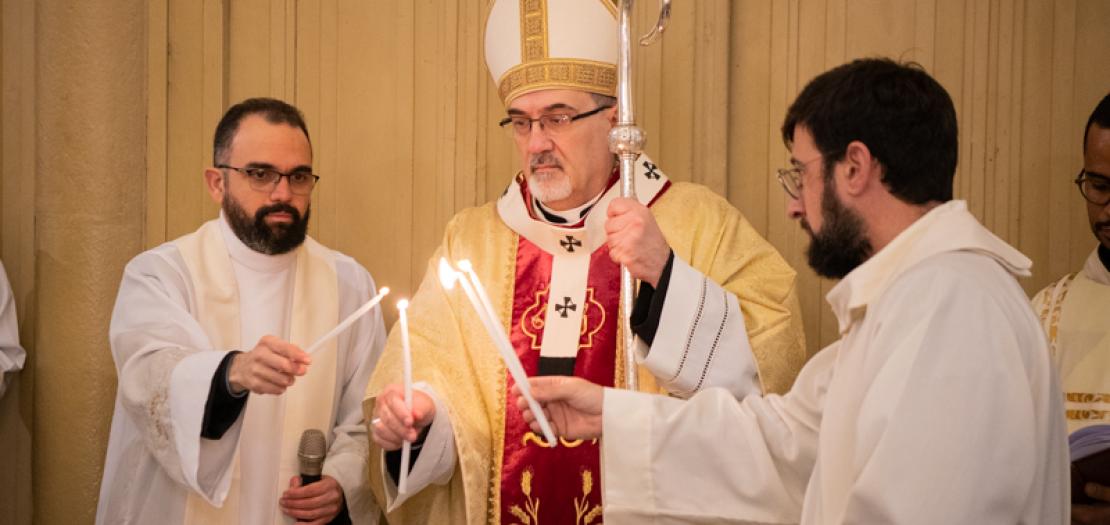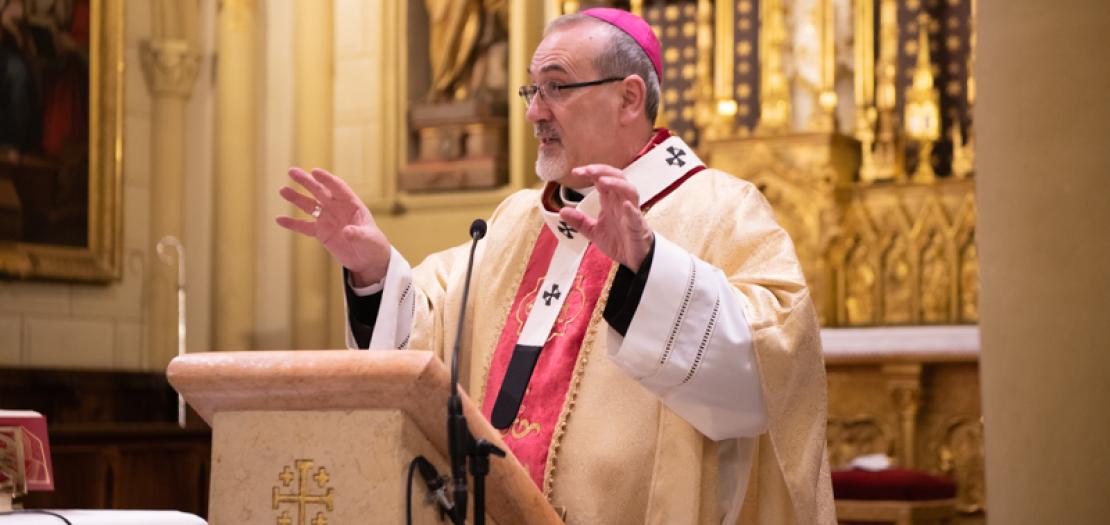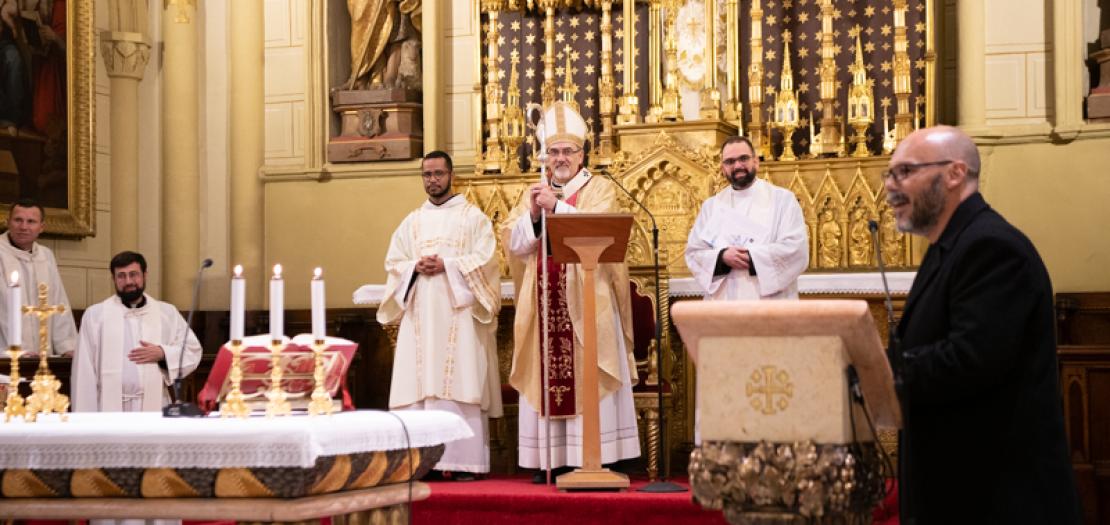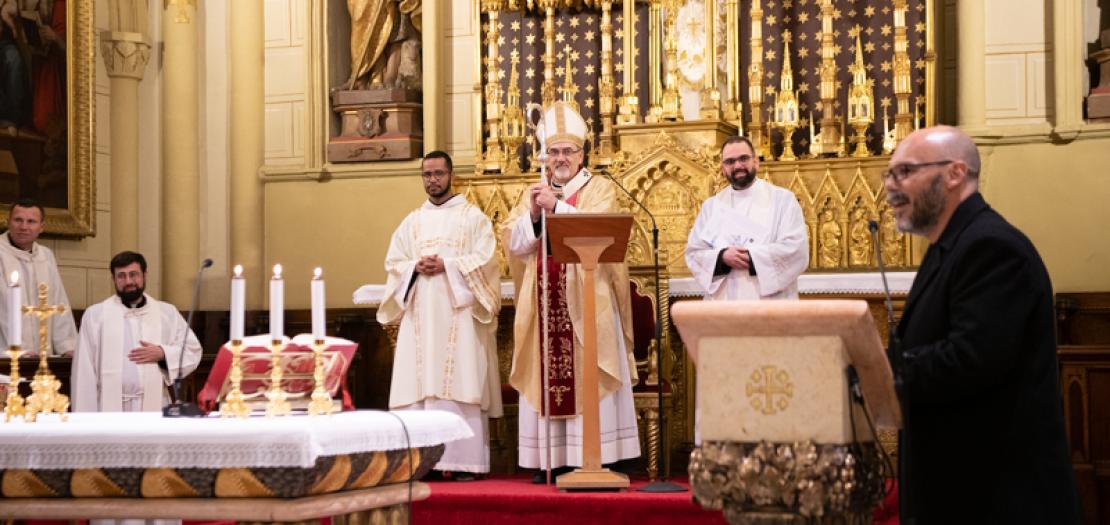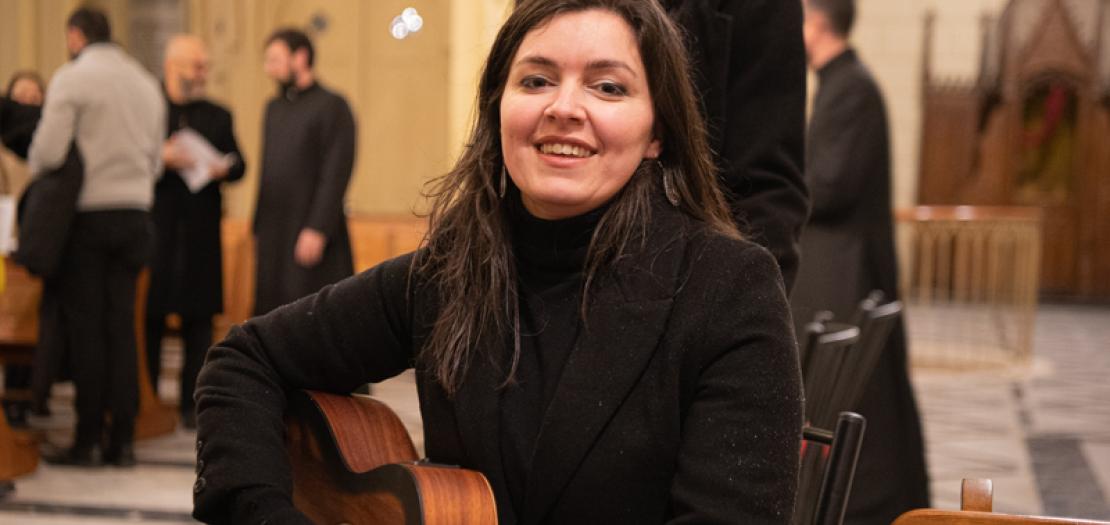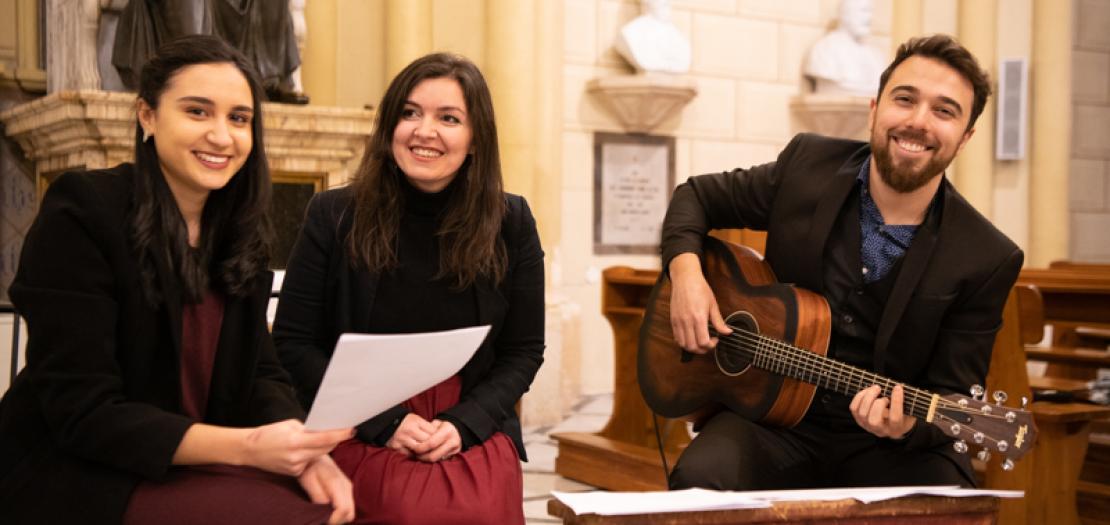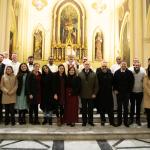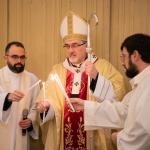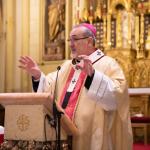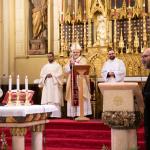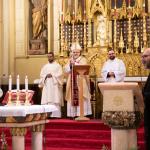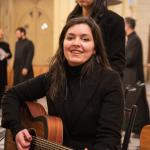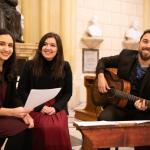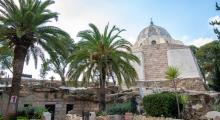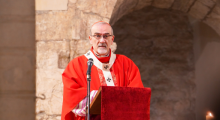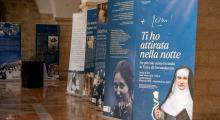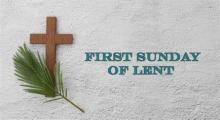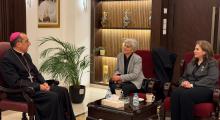Issued by the Catholic Center for Studies and Media - Jordan. Editor-in-chief Fr. Rif'at Bader - موقع أبونا abouna.org
Forty days after the celebration of the Nativity of the Lord, in the Catholic tradition, 2nd February is the day when Jesus was presented to the temple by Mary and Joseph. The feast-day, called “Candlemas” because with the presentation at the Temple he was formally subjected to the requirements of the law, but in reality he was meeting his people who awaited him in the faith, becoming “light to illuminate peoples”: hence the rite of the blessing of the candles.
On the same day, the Church celebrates the Day of Consecrated Life, established by Pope John Paul II in 1997. The Pope’s theological intuition was to want to bind the memory of Jesus at the temple, “offered to the Lord”, to the total donation of one’s life by those who have been called to reproduce in the Church and in the world “the characteristic features of Jesus, the chaste, poor and obedient one.” (Consecrated life, 1)
“Religious life today is not essentially different from its beginnings,” underlines fr. Alessandro Coniglio, lecturer and secretary of the Studium Biblicum Franciscanum at the Flagellation, “because “living Christ” has always been, from the very beginning, making visible the poor, chaste and obedient life the Christ himself lived. In today’s culture, the “sequela Christi” or walking in Christ’s footsteps, appears very provocative: if we take the three religious vows as exemplary and founding, they are definitely the opposite of the contemporary mentality and the dominant Western culture, which proposes models of success or autonomous forms of self-assertion which go against nature itself, against one’s own identity. In the choice of religious obedience, we are not looking for self-assertion but we are putting ourselves at the service of common and apostolic life.”
“Very many forms of consecrated life are present in Jerusalem,” fr. Alessandro continues, “and this also depends on the peculiar nature of this city where the fundamental events in the history of Jesus took place. Today, being here means being able to live a unicum: Jerusalem is the Mother Church par excellence, and we, the friars of the Custody are here with a task and a mission which are very particular aimed at the local Christians, the pilgrims, the social work but above all in looking after and protecting the Holy Places.”
“What remains fundamental in consecrated life is the intensity of the community and personal prayer,” says Ignazio de Francesco, a monk of the Small Family of the Annunciation, founded by Giuseppe Dossetti, present in Palestine in the community of Ein 'Arik, near Ramallah. “The heart of religious life is the community celebration: a few people who meet to celebrate the mysteries without claiming visibility, exactly like the church in its early decades. By its very nature, religious life in a renunciation of marriage, which becomes willingness and openness towards a life pushed in many directions, towards the needs of the world. This total belonging to God also exercises a great attraction from the Islamic world, which in itself does not contemplate in it this form of consecrated life, but has a great respect for what the monk represents, i.e. the absolute of God.”
On this feast-day, Margarida Costa, a young consecrated woman from Portugal, belonging to the Canção Nova Community (which has been present for many years in the sector of communication of the Custody of the Holy Land through the Christian Media Center) renewed her vows together with all the other members of the community at the eucharistic celebration at the Latin Patriarchate presided by His Beatitude Pierbattista Pizzaballa. The Canção Nova community, founded exactly 45 years ago, has the mission of evangelizing on particular through the mass media. “Consecrated life is an initiative of God: when, as a young girl, I was looking for my mission in life, it was prayer, in the events and in the people I met that the Lord showed me increasingly clearly where my place was. I realized that this community, founded in Brazil but already present in Fatima, was the right place where I should have invested my talent. And my story is indicative for many young people who we accompany in the discernment.”
“The time today is characterized by things that are easy, light, fast and ephemeral,” Margarida continues, “but fundamentally we can see that people only need the truth: young people are looking for happiness, and the search for real love is innate in everyone’s heart. Our job is also that of helping people discover where this truth, which is God, can be found, towards a fullness of life that only the relationship of friendship with Him can give.”


